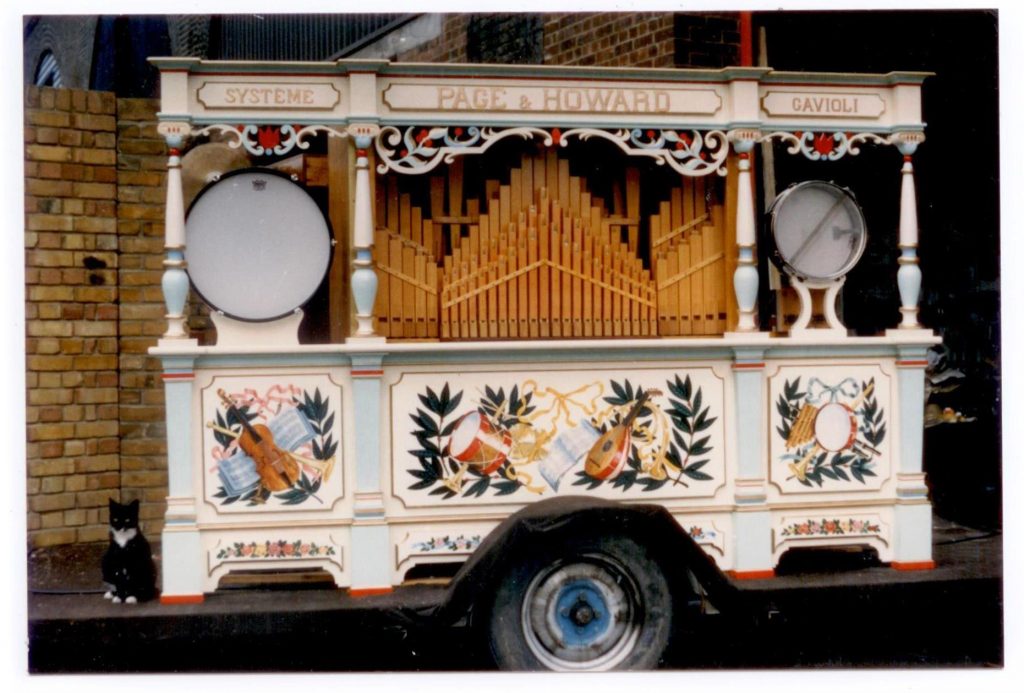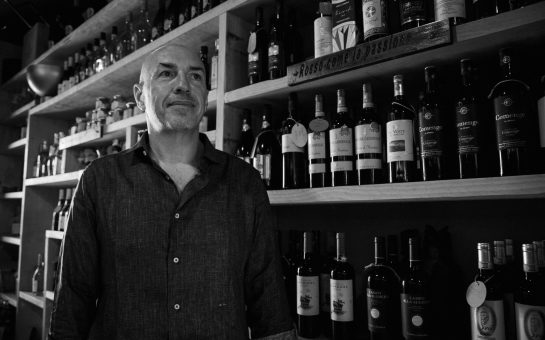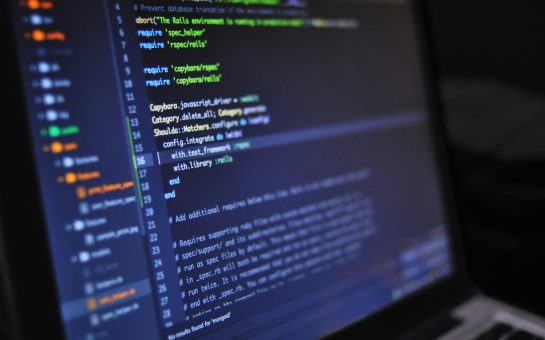Every Tuesday, 74-year-old Judith Howard and 11 of her friends go to a St Mary Abchurch organ recital near Cannon Street.
Travelling from all corners of London via public transport, their routine consists of the recital followed by a bite to eat and a natter.
The 10-year tradition took place weekly until the pandemic hit.
The Wandsworth-born pensioner trained in Holland as a Dutch street organ specialist in the 1980s, building and repairing church and fair organs before she retired.

With a second national lockdown, and subsequent return to the tier system, restrictions have limited social contact for many pensioners like Judith.
She said: “You do find you miss that social contact. Our group of friends are very diverse and are of all shades politically and other backgrounds and so it’s a very nice way to have at least one social day a week. That’s something I really do miss in lockdown.”
But Judith isn’t alone in experiencing lockdown’s social impacts.
Age UK research revealed the pandemic-induced mental health implications among pensioners ranging from increased covid-related anxiety, loneliness and worries about the future.
A recent study showed that the proportion of over 70s experiencing depression has doubled since the start of the pandemic.
Emma Chisholm, community and wellbeing lead at Age UK Wandsworth, said: “Older people have been one of the most ‘at-risk’ groups and therefore have been disproportionately affected by the pandemic. Prolonged isolation, reduced activity and anxiety about going out has inevitably led to a rise in depression.”
Age UK Wandsworth has launched additional services to support pensioners including over-the-phone seated and breathing exercises and Christmas parcels delivered to isolated pensioners in the borough.
The last few months have also impacted Judith financially.
Prior to the pandemic she worked a part-time administrative job at an insurance company to supplement her pension. Whilst she was placed on furlough earlier this year, she was later made redundant.
While Judith said her job loss was unrelated to the pandemic she raised concerns about the future finances.
She said: “Once my redundancy payment has gone, I’m going to have to look for other ways to earn money. I’ve got a nasty sort of feeling in the back of my mind that the bank account is going to go down by £200. So I’m worried about what I’m going to do at the end of the year.”
Wandsworth council said it offers financial and social support for people in the borough, including a community hub to help vulnerable people and those isolating.
A council spokesperson said: “People who may need additional financial support can also apply for grants from the borough’s discretionary social fund. These crisis grants are designed to cover the cost of food and fuel and do not need to be paid back.”
Fighting for pensioners
Judith doesn’t drive and relies on public transport to get her around, particularly for socialising.
Prior to the announcement of the £1.8bn TFL bailout in November, she began petitioning the government to ensure that funding for freedom passes would not be compromised.
She wrote to Transport Secretary, Grant Shapps, the Mayor, Sadiq Khan, the Evening Standard and the Queen, expressing how freedom passes provide a travel lifeline for pensioners.
These letters were sent just before the bailout was announced, which Judith said eliminated the immediate threat, but not all.
She said: “I suppose I’ve got this burning sense of injustice, when I see something wrong I’ve got to do something.”
“For most of us, without the free travel from freedom passes, you simply wouldn’t go out and that means life would effectively be a permanent lockdown. With lockdown, my group of friends and I now know what it would be like if we couldn’t afford to get together, it would have the same effect!”
‘It’s all in the mindset’
Despite the turbulent year, Judith has been keeping herself busy, calling and emailing friends, cleaning her house and going for walks.
Amid a global pandemic, she lost her job and faced harsh restrictions to her social life, but has remained positive.
She looks forward to the time when she’ll be reunited with her friends at the weekly organ recitals again.
She said: “I suppose being self-employed and living alone for a long time you realise that if you don’t do things they won’t get done.
“But I think the main thing we have to do is to stay positive and busy.”
Featured image shows Judith at church. Credit: Judith Howard.




